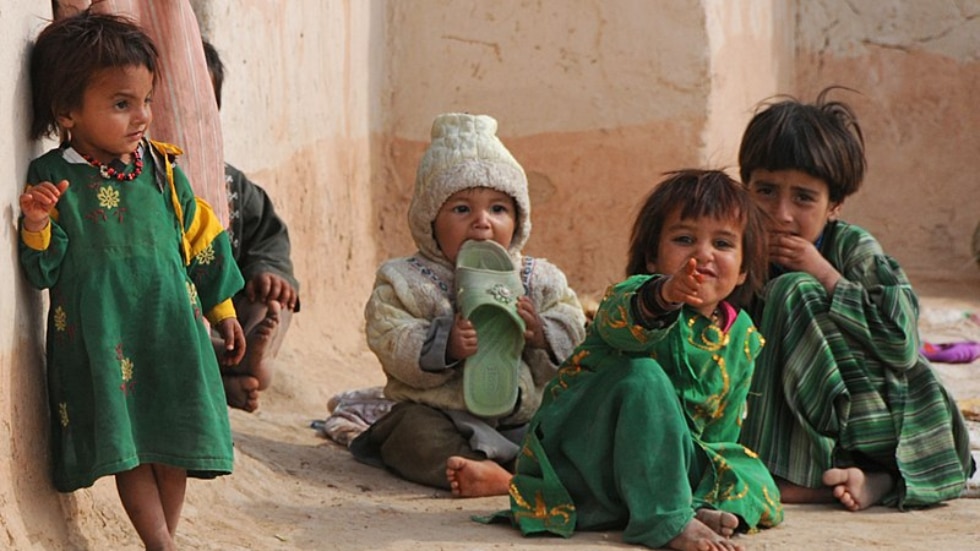The Afghan government has estimated that more than 13,000 newborns have died in the country so far this year – just six months after the US withdrew humanitarian aid, seized official bank accounts and sanctioned the new regime in Kabul.
Health Ministry spokesman Jawid Hazher “expressed alarm” over the growing crisis last week, saying there have been about 124,800 premature births in Afghanistan since the beginning of 2022 alone.
“Normally 10 percent of these children die,” he added, “so, as an estimate, 13,700 of these children died” since January.
While Hazher said economic factors such as malnutrition are driving the surge in deaths among mothers and babies, poor diets may not explain everything. Malalai Rahimi, who heads up a maternity hospital in Kabul, told Tolo News that health facilities have struggled “to get the required equipment” and medical staff, noting that midwives and doctors aren’t available in every district, and that some provinces even lack “a modern hospital.”
Though the latest estimate on infant mortality comes from the Taliban’s Health Ministry, international aid groups have painted a similarly dire picture for Afghanistan, some warning of the collapse of its healthcare system for months.
In November, Doctors Without Borders described a “worrying increase” in the rate of malnutrition across southwestern Afghanistan, citing “the suspension of international aid” following the Taliban’s seizure of power last year. WHO Director-General Tedros Adhanom Ghebreyesus has also predicted an “imminent humanitarian catastrophe” unless “urgent action is taken.”
Dr. Ramiz Alakbarov, Deputy Special Representative for the Secretary-General of the UN, described the current crisis as “staggering” and “almost inconceivable,” saying that up to 95 percent of Afghans are “not eating enough food, with that percentage rising to almost 100 percent for female-headed households.”
“Hospital wards are filled with children suffering from malnutrition: smaller than they should be, many weighing at one year what an infant of six months would weigh in a developed country, and some so weak they are unable to move,” Alakbarov continued.
UN emergency aid coordinator Martin Griffiths has attributed the crisis, in part, to international sanctions and the seizure of government bank accounts abroad. The Joe Biden administration has spearheaded those policies, recently declaring that it would not return $7 billion in frozen funds, though it did claim it would use the money for aid.
While the US has loosened some sanctions and allowed aid to enter the country, restrictions on banking continue to pose a massive obstacle for humanitarian orgs, as Afghanistan’s financial sector remains barely functional.
“Aid groups delivering humanitarian assistance say they are unable to move funds into Afghanistan because international banks remain wary of preexisting sanctions on the Taliban,” Human Rights Watch reported last week, adding that “payments to Afghanistan are routinely blocked by banks wary of running afoul of sanctions.”






























